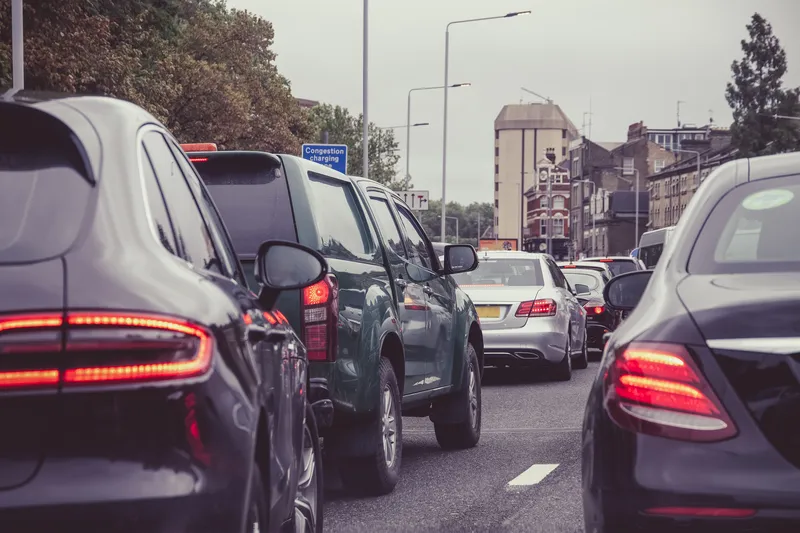
Road camera trials designed to root out antisocial vehicle drivers have started in the UK.
Backed by £300,000, the Atkins Jacobs joint venture (commissioned by the UK Department for Transport) has begun its two-month trial on roads in the northern English town of Keighley, near Leeds.
The solution, previously tried out at a private test track, uses a video camera in conjunction with a number of microphones to accurately pinpoint excessively noisy vehicles as they pass by.
The 'noise cameras' are designed and developed by MicrodB and will be installed in three more locations - Gloucestershire, Great Yarmouth and Birmingham - over the next two months.
The devices take a picture of the vehicle and record noise levels, to create digital evidence which can be used by local police to fine drivers.
Road noise contributes to health problems, such as heart attacks, strokes and dementia, with health costs estimated to be up to £10 billion.
Atkins Jacobs JV practice director Andrew Pearce says: “The real-world trials of the technology solution the Atkins Jacobs JV has worked on and tested on the track is an important step for the scheme towards solving a problem that affects many communities across the UK."
“We are fully expecting the trial in these four chosen locations to confirm what we have seen in testing, which is a highly targeted use of technology to ensure only those motorists making excessive noise will be subject to enforcement," he adds.
Noise Abatement Society chief executive Gloria Elliott says: “Excessively noisy vehicles and antisocial driving causes disturbance, stress, anxiety and pain to many. It is unsafe and disrupts the environment and people’s peaceful enjoyment of their homes and public places."
“Communities across the UK are increasingly suffering from this entirely avoidable blight. The Noise Abatement Society applauds rigorous, effective, evidence-based solutions to address this issue and protect the public."








